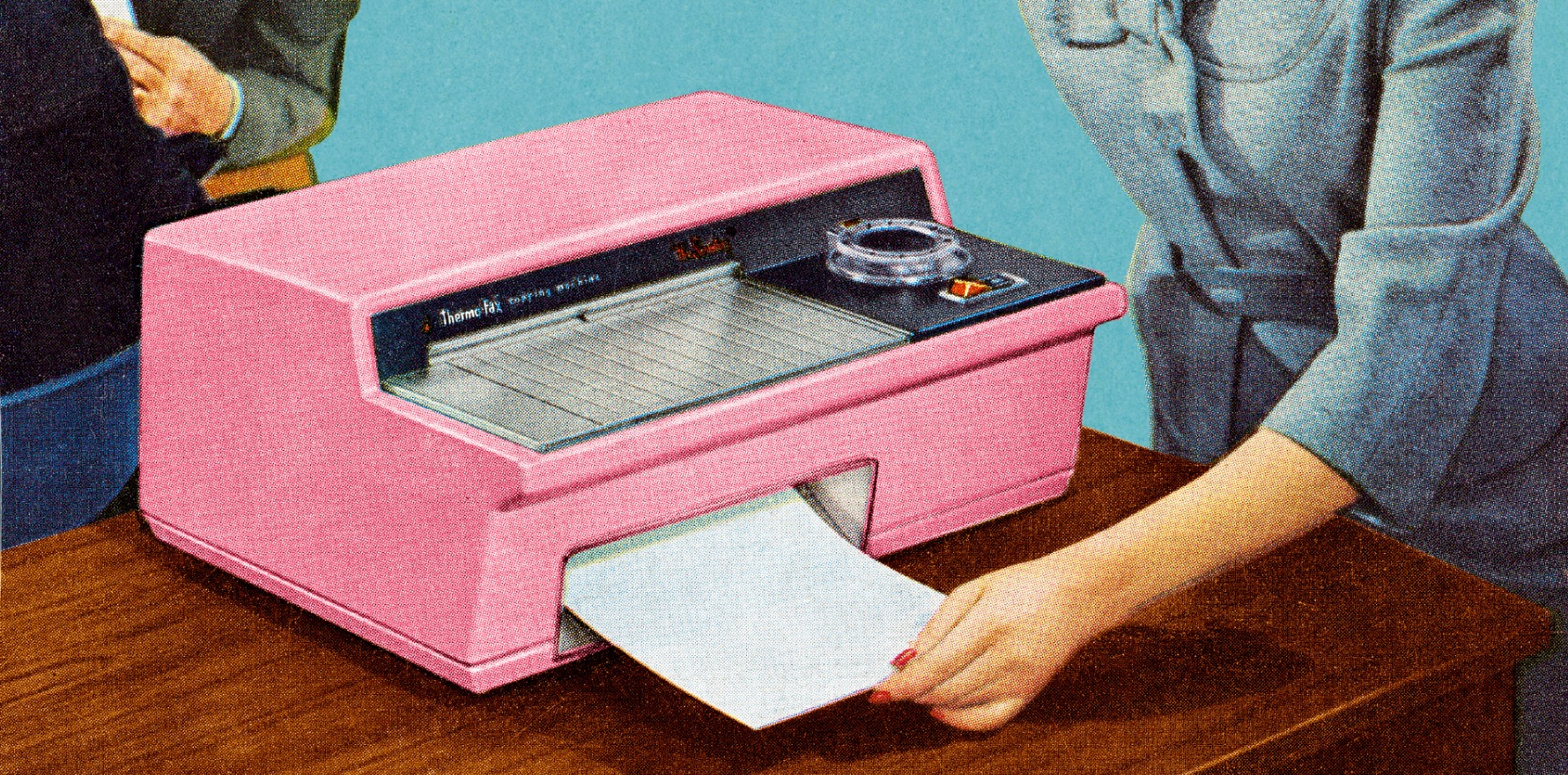The health minister announced he would withhold pathology companies’ Medicare rebates if they don’t upload patients’ results to the electronic health record.
The federal government will withhold Medicare rebates from pathology services that do not comply with legislation for mandatory My Health Record uploading, says health minister Mark Butler.
Last year, Mr Butler announced plans to implement mandatory uploading of pathology and diagnostic imaging reports to MHR and to void the seven-day delay on report availability for patients.
Opening day two of Victorian Healthcare Week’s digital healthcare convention in Melbourne this morning, Mr Butler said laws to be introduced next month would include consequences for companies which did not comply.
“The sharing by default framework will ensure that pathology and diagnostic imaging companies that do not upload the results of a test or scan will not get a Medicare benefit for that test or scan,” he told delegates.
“It’s that simple. Withhold a patient’s results and we will withhold the Medicare payment.
“It’s not a drastic position for a government to take.
“In the United States, for example, the 21st Century Cures Act requires the portability of health records with open access to consumers to their own health information.
“Under that legislation, providers that do not have modern, cloud-based systems in place to enable this sharing can be sent to jail, which is not something we’re considering.”
Mr Butler acknowledged a heckle of “yet” from the audience.
“Our health systems are obviously different to America’s,” he said.
“[But] since the US laws were introduced eight years ago, study after study has shown a range of benefits to consumers and health providers after the removal of delays to patients viewing their own results.”
The Department of Health and Aged Care did not respond to The Medical Republic’s request for information on how the legislation would affect rebates to patients for non-bulk-billed services.
While near real-time access would be “the new standard”, Mr Butler said he would consult with the Clinical Reference Group about “clinically appropriate” cases where the delay may remain.
By the end of the year, client support plans will be able to be shared between My Aged Care and My Health Record, added Mr Butler.
Since the announcement of the plans last year, all states and territories were now sharing imaging reports to MHR, with most uploading over 75% and “on track” to share 100% in the coming months, he said.
“Since [the] announcement … the number of private radiology clinics connected to MHR has more than doubled.”
While the needle is shifting, progress remains “still far too low and far too slow”, said Mr Butler.
“It’s clear that we cannot leave patients to rely on the benevolence of private providers,” he said.
Healius – Australia’s second largest private pathology provider, which received almost a billion dollars in Medicare benefits in the 2022/23 financial year – was named and shamed.
“In August of that year, Healius was uploading over 800,000 pathology reports a week to MHR,” said Mr Butler.
“No sooner had we released [the] proposal for public consultation, that very same day, Healius wrote to DoHAC to say that it would imminently suspend the upload of pathology reports.”
Related
Despite resuming 12 weeks later, approximately 10 million test results were not uploaded during the boycott.
“Companies that have built their business model on channeling and control of a patient’s health data will have to find a new way to drive profit margins for shareholders,” said Mr Butler.
Mr Butler said he hoped the laws would be passed and in place by mid-next year.
The federal government’s $1.1 billion digital upgrade promises to revolutionise the “shoebox of PDFs” that is the MHR.
“By the time Medicare reaches its next milestone birthday, we can confidently expect that the humble fax machine will no longer clutter the offices of health settings,” he said.
“Like the Sony Walkman or Apple Macintosh, the fax machine will finally become little more than a museum relic.”




